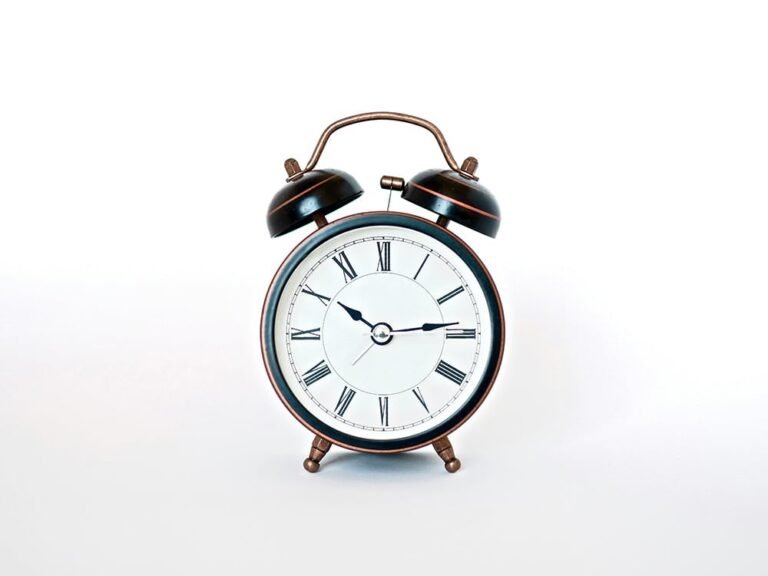le long de
The French phrase “le long de” means “along” in English. It is a preposition. However, there are other ways of translating “along,” depending on the exact meaning of the English term.
- les maisons situées le long de la rivière (the houses along the riverbank)
- le long du sentier (along the path)
- tout le long du canal (all along the canal)
Related words
- longer (to go along, to follow, to run alongside, to sail along)
- sur (marcher sur la plage = to walk along the beach)
- mi- (à mi-chemin = halfway along the path)
- accompagné de (arriver accompagné de deux amis = to arrive, along with 2 friends)
- en même temps que (être appelé en même temps que deux autres = to be called, along with 2 others)
Etymology
“Le long de” comes from the French word “long,” which in turn comes from the Latin word “longus,” meaning “far, extended, remote, distant, vast, long, long duration or lengthy.”






